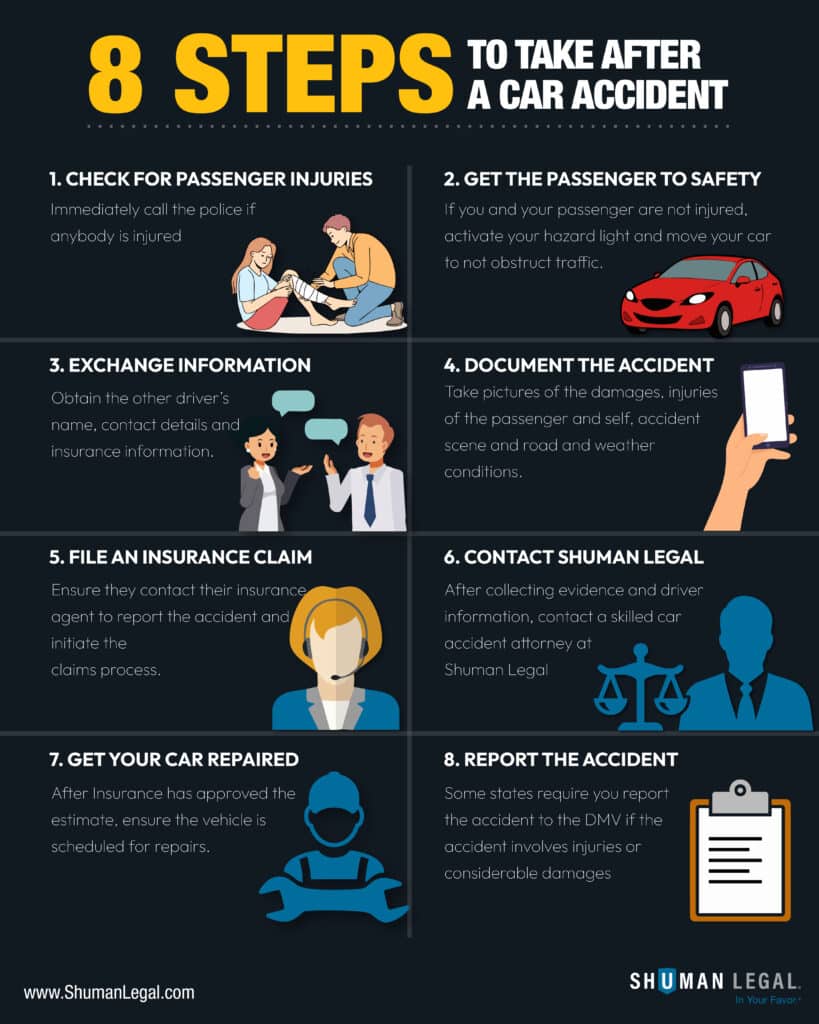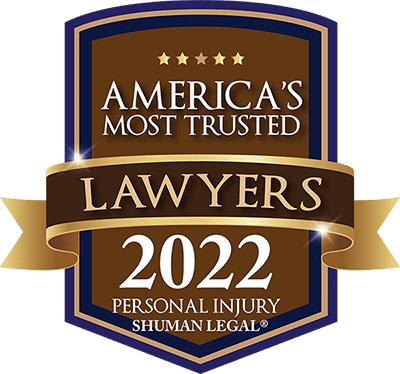Key Takeaways
- Immediately after a car accident, prioritize safety and seek medical attention while documenting the scene for potential compensation claims.
- Passengers have the right to pursue compensation for their injuries, which may involve claims against the at-fault driver’s insurance or their own, depending on liability.
- Even if the driver of the car you were riding in was at fault, you could be covered. An experienced attorney will be able to find any available insurance to protect you.
- Gathering substantial evidence and notifying insurance companies promptly are essential steps in the claims process, as they significantly improve the chances of a successful compensation claim.
Immediate Actions After the Accident
The moments after a car accident can be overwhelming. However, what you do immediately afterward can significantly impact your health and ability to secure compensation. Prioritize your safety and seek medical attention right away.
Documenting the accident scene thoroughly is crucial for your personal injury claim. Call the police to create an accident report, take photos, and gather witness statements. These actions protect your rights and provide necessary documentation for future claims.

Seek Medical Attention Immediately
Your health should be your top priority after a car accident. Some injuries may not be immediately apparent, so prompt medical attention can help identify any serious injuries that might develop later and impact your long-term health.
A medical professional can thoroughly evaluate and treat any injuries through medical treatment. This ensures your well-being and creates medical records to support your compensation claim. Prompt treatment can prevent complications from undetected conditions.
Document the Accident Scene
Documenting the accident scene is crucial. Calling the police ensures an official police reports accident report is created, essential for any insurance claim. If the police don’t arrive, contact your local department to file a post-crash report.
To strengthen your personal injury claim and help establish liability, you should:
- Take detailed photos of the scene, vehicle damage, and any visible injuries.
- Collect contact information from witnesses.
- Note the statements of witnesses.
Your search for help ends here. Let’s get started, for FREE.
Understanding Your Rights as a Passenger
As an injured passenger, you have the right to seek compensation for medical bills, pain, and other losses related to passenger claims. You hold a strong legal position since you had no control over the events leading up to the accident.
You can file claims with the at-fault driver’s insurance or your own, depending on the circumstances. Understanding liability for both the driver you were with and the other driver involved is important for your case.
Liability of the Driver You Were With
Liability in a car accident is determined by investigating the crash circumstances involving the car involved. If the driver of your vehicle acted negligently—such as by speeding, driving distracted, or under the influence—they may be liable for your injuries in car accidents.
In such cases, the driver’s insurance policy typically covers your injury claims. You have the right to sue the driver if they were at fault, even if they are a family member or friend. If their driver’s insurance company is insufficient, you may need to file a personal injury claim to seek recovery.
Liability of the Other Driver
If the other driver is at fault, you must prove their negligence to win a compensation claim. Submit a claim through the other driver’s insurance company, which may cover medical expenses and other injury-related costs.
In comparative fault states, both drivers may share responsibility, affecting your ability to claim compensation. Establishing the extent of each driver’s fault is crucial to determine liability and pursue compensation.
Filing an Insurance Claim
Filing an insurance claim is crucial for seeking compensation after a car accident. Understanding the process is important to ensure you receive what you deserve. Notify the insurance company promptly and gather substantial evidence to support your claim.
The following subsections will guide you through the steps of notifying the insurance company and gathering the necessary evidence for a robust insurance claim.
Notifying the Insurance Company
Notify the insurance company as soon as possible, as many insurance carriers have short timeframes for notifications. Contact them with detailed information about the accident and your injuries. If uncertain about which carrier to notify, seeking legal advice can help clarify your options.
This initial notification is the first step in building a strong personal injury case. Timely notification can prevent delays in the claims process and protect your rights.

Gathering Evidence for Your Claim
Gathering evidence is crucial for substantiating your claim. Take detailed photos and videos of the accident scene, including vehicle damage and any visible injuries. Obtain witness statements to establish the facts.
This evidence will support your claim for damages and help establish liability. Detailed documentation can significantly strengthen your case and increase your chances of fair compensation.
Types of Compensation Available
Passengers can claim various types of financial compensation after a car accident, including medical costs, lost income, and emotional distress. Understanding these different types of compensation can help you pursue a comprehensive claim.
The following subsections will explore economic damages, non-economic damages, and punitive damages, providing a clearer picture of what you can claim.
Economic Damages
Economic damages cover tangible losses such as medical bills, lost wages, and property damage. These damages are easier to quantify and directly relate to the accident’s financial impact.
However, coverage limitations may arise due to maximum insurance limits, especially if multiple parties are injured. Comparative negligence can also reduce the compensation amount if you are found partially at fault.
Non-Economic Damages
Non-economic damages compensate for intangible losses like pain and suffering, emotional distress, and loss of enjoyment of life. These damages impact the victim’s quality of life and are harder to quantify but equally important.
Pain and suffering encompass both physical pain and emotional anguish resulting from the injuries, including mental anguish. Emotional distress from the trauma may also be included in claims for non-economic damages.
Punitive Damages
Punitive damages may be awarded when the at-fault driver or an intoxicated driver acted recklessly or with gross negligence. These damages punish the wrongdoer and deter future reckless behavior.
Punitive damages can significantly increase the total compensation awarded, providing a stronger financial recovery for the injured party to recover compensation.
Injured in a Car Accident?
Legal Considerations for Passengers
Legal considerations are crucial for pursuing compensation. Passengers have the right to sue the at-fault driver for injuries sustained. Understanding the legal framework and potential challenges can help you navigate the claims process effectively.
The following subsections will cover the statute of limitations, comparative negligence, and uninsured/underinsured motorist coverage.
Statute of Limitations
Filing a personal injury claim within the statute of limitations is crucial to ensure your eligibility for compensation. Each state has its own rules regarding time limits, ranging from one to two years. Failing to file within the allowed timeframe can result in losing your right to seek compensation.
Knowing these time limits is essential for protecting your legal rights.
Comparative Negligence
In shared fault scenarios, the compensation you receive may be reduced based on your contribution to the accident. Comparative negligence laws dictate that if you are partially at fault, your compensation will be adjusted accordingly.
This can be particularly complex when multiple injured victims and injured passengers are involved, as maximum insurance limits may restrict the amount each can claim.
Uninsured/Underinsured Motorist Coverage
Uninsured and underinsured motorist coverage provides essential protection for passengers involved in accidents with drivers who lack sufficient insurance and enough insurance. In no-fault states, passengers may need to utilize their driver’s personal injury protection insurance for immediate compensation. This coverage ensures that passengers can still receive compensation even if the at-fault driver has inadequate insurance.
Seeking Legal Representation
Seeking legal representation can significantly impact the outcome of your personal injury claim. Experienced personal injury attorneys can negotiate more effectively with insurance companies, ensuring you receive fair compensation.
A personal injury lawyer can also handle the legal process at a personal injury law firm, allowing you to focus on your recovery from personal injuries. If you have severe injuries or complex insurance issues, consulting a car accident lawyer is highly recommended.
Protecting Your Rights
Protecting your rights as a passenger in a car involves taking proactive steps to ensure your safety and legal standing, whether in a car or her vehicle. Always wear seat belts and avoid distractions while in a vehicle. These safety measures can prevent injuries and strengthen your case if an accident occurs.
Additionally, steps like documenting the accident scene and seeking immediate medical attention can help get your claim moving and protect your rights.
Frequently Asked Questions
What should I do immediately after a car accident as a passenger?
Immediately after a car accident, you should seek medical attention and document the scene by taking photos, collecting witness statements, and contacting the police. These actions are crucial for your safety and for any potential legal matters.
Can I file a claim if the driver I was with is at fault?
You can file a claim against the driver’s insurance policy if they are determined to be at fault. This allows you to seek compensation for any damages or injuries incurred.
What types of compensation can I receive as a passenger in a car accident?
As a passenger in a car accident, you may receive compensation for economic damages such as medical expenses and lost wages, non-economic damages for pain and suffering, and possibly punitive damages based on the circumstances of the accident. It’s essential to document all related expenses and consult with a legal professional for guidance.
How does comparative negligence affect my compensation?
Comparative negligence can significantly reduce your compensation based on the percentage of fault attributed to you in the accident. Thus, if you are found partially at fault, your financial recovery will be proportionately decreased.
Why is legal representation important for my personal injury claim?
Legal representation is crucial for your personal injury claim, as an attorney can effectively negotiate with insurance companies, gather necessary evidence, and help secure fair compensation for your injuries. This expertise significantly enhances your chances of a successful outcome.












